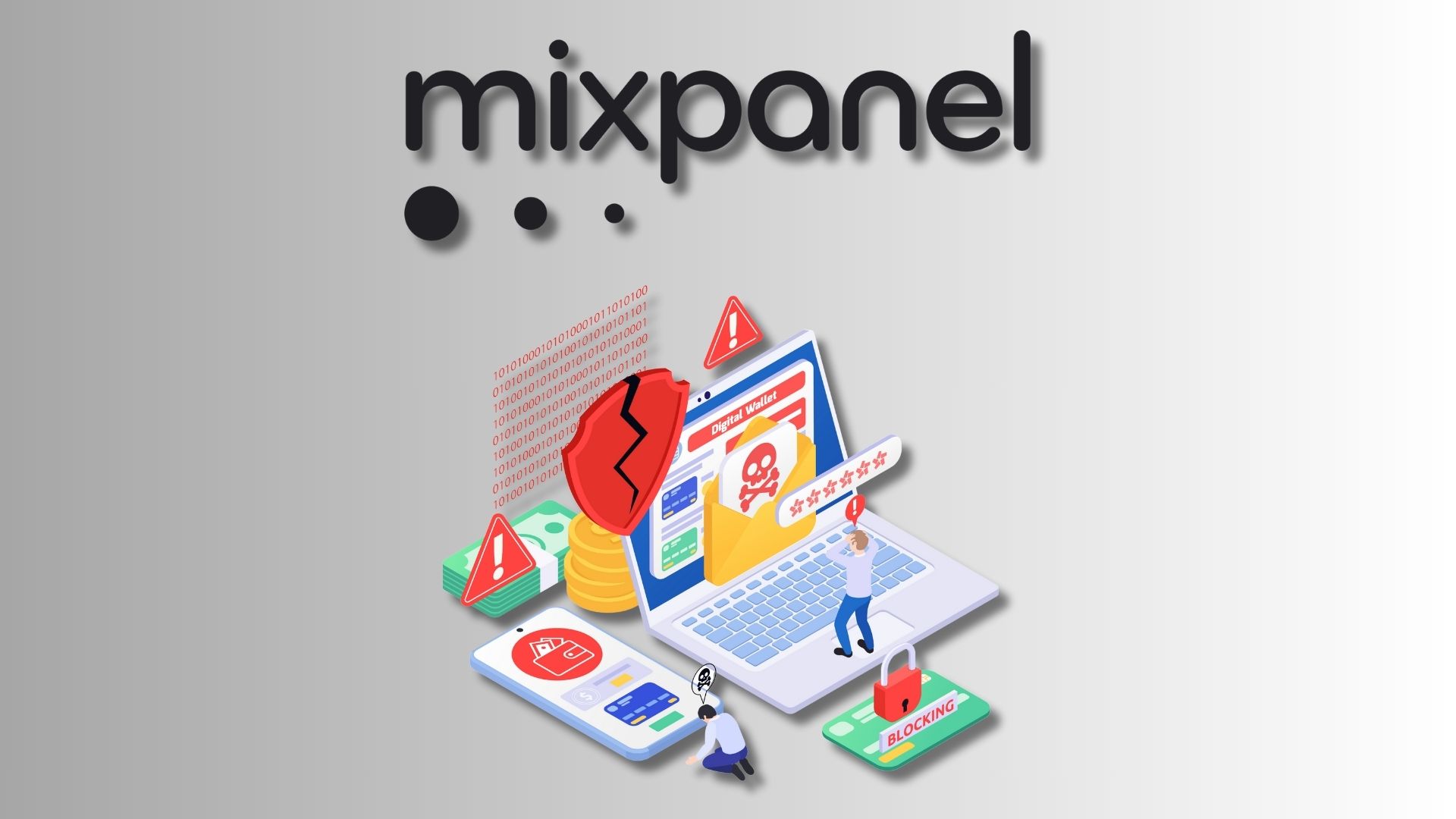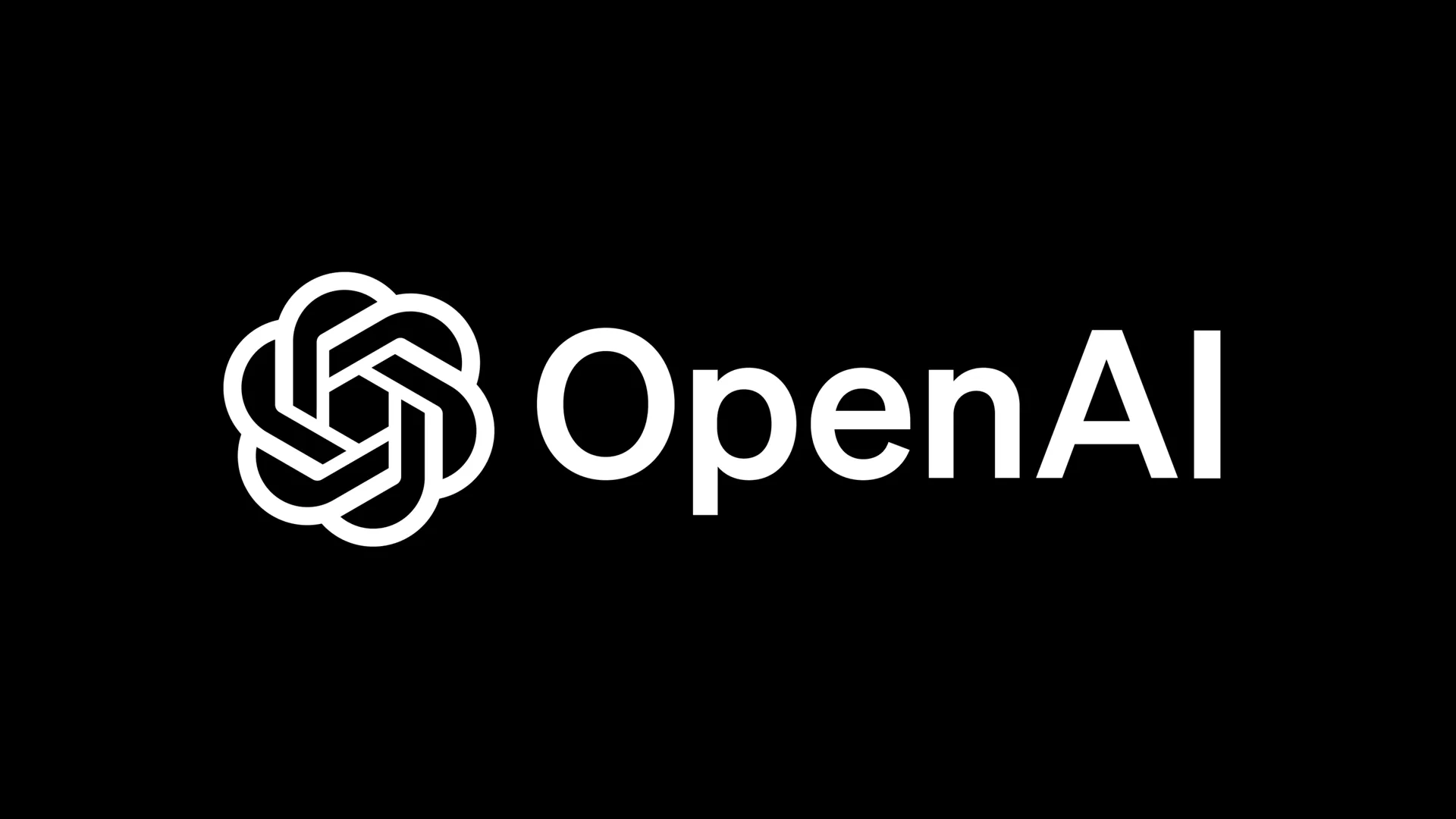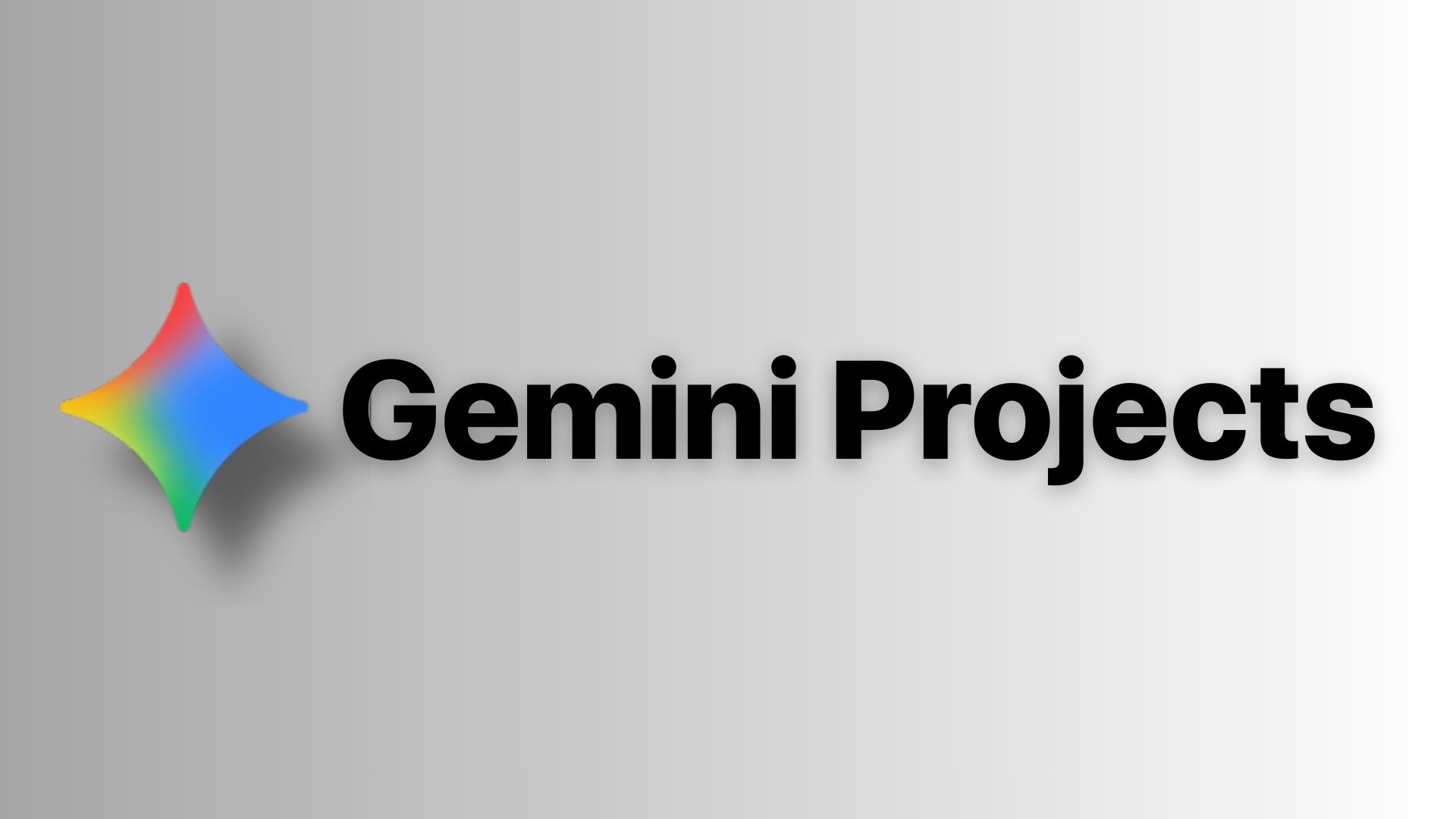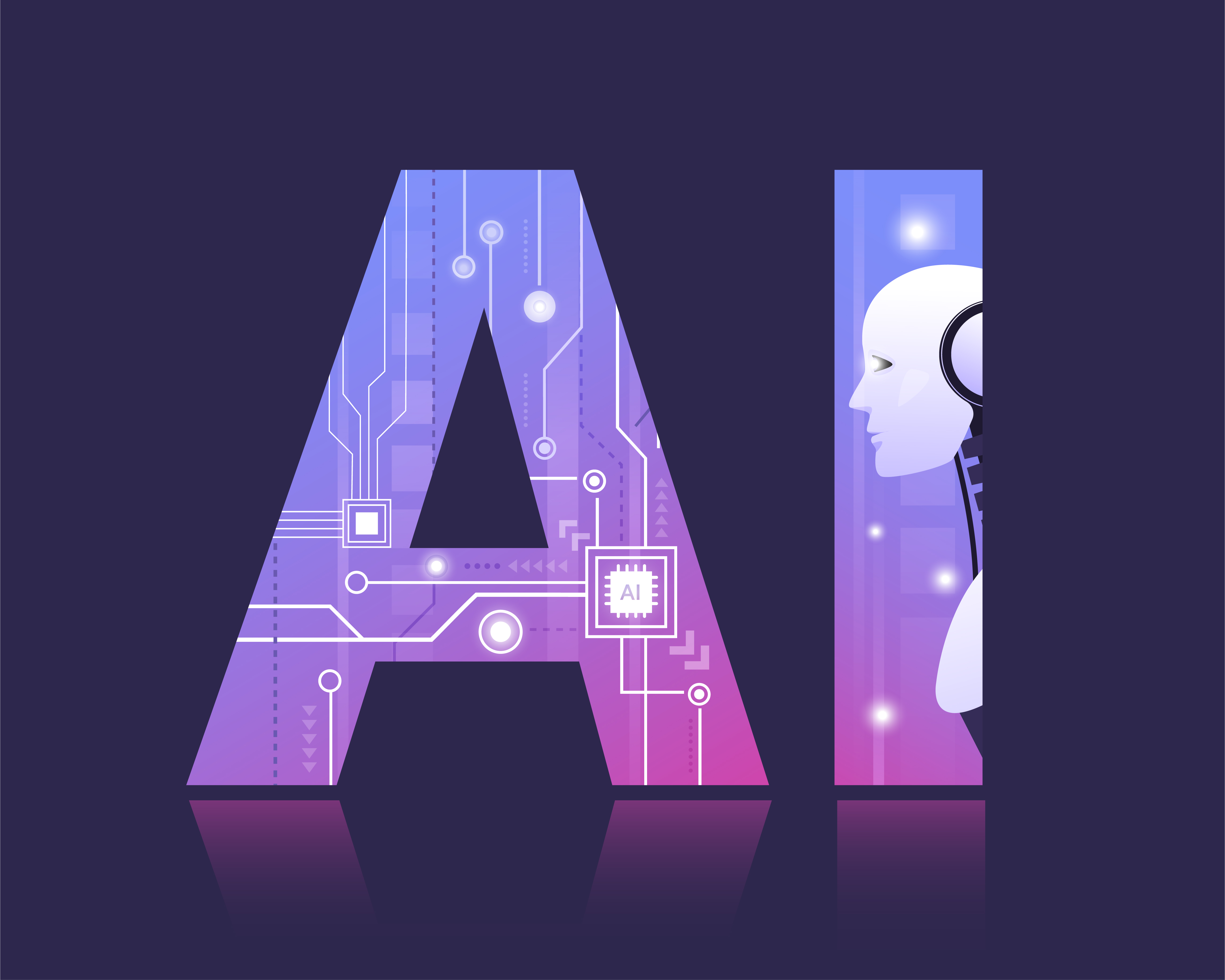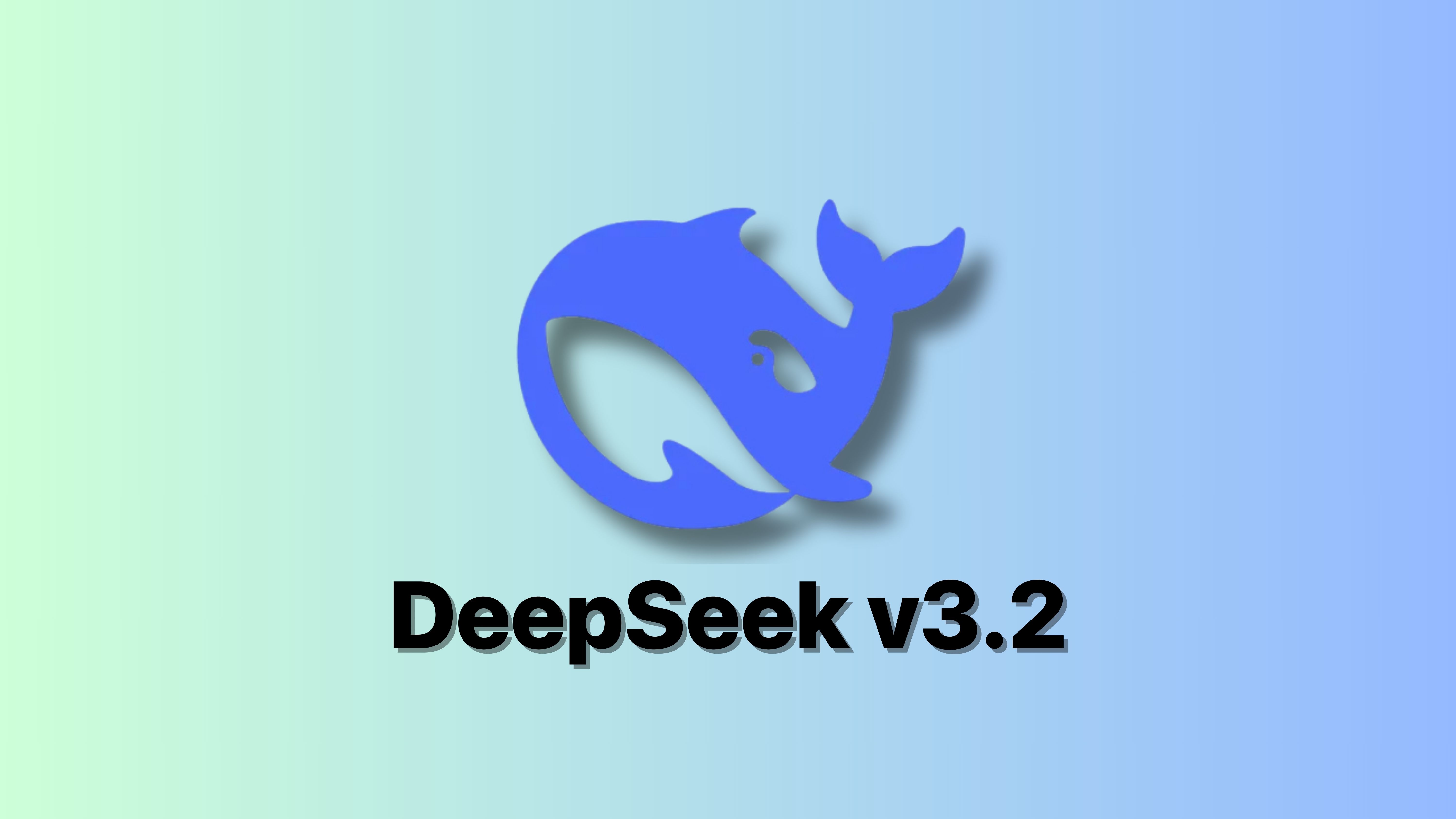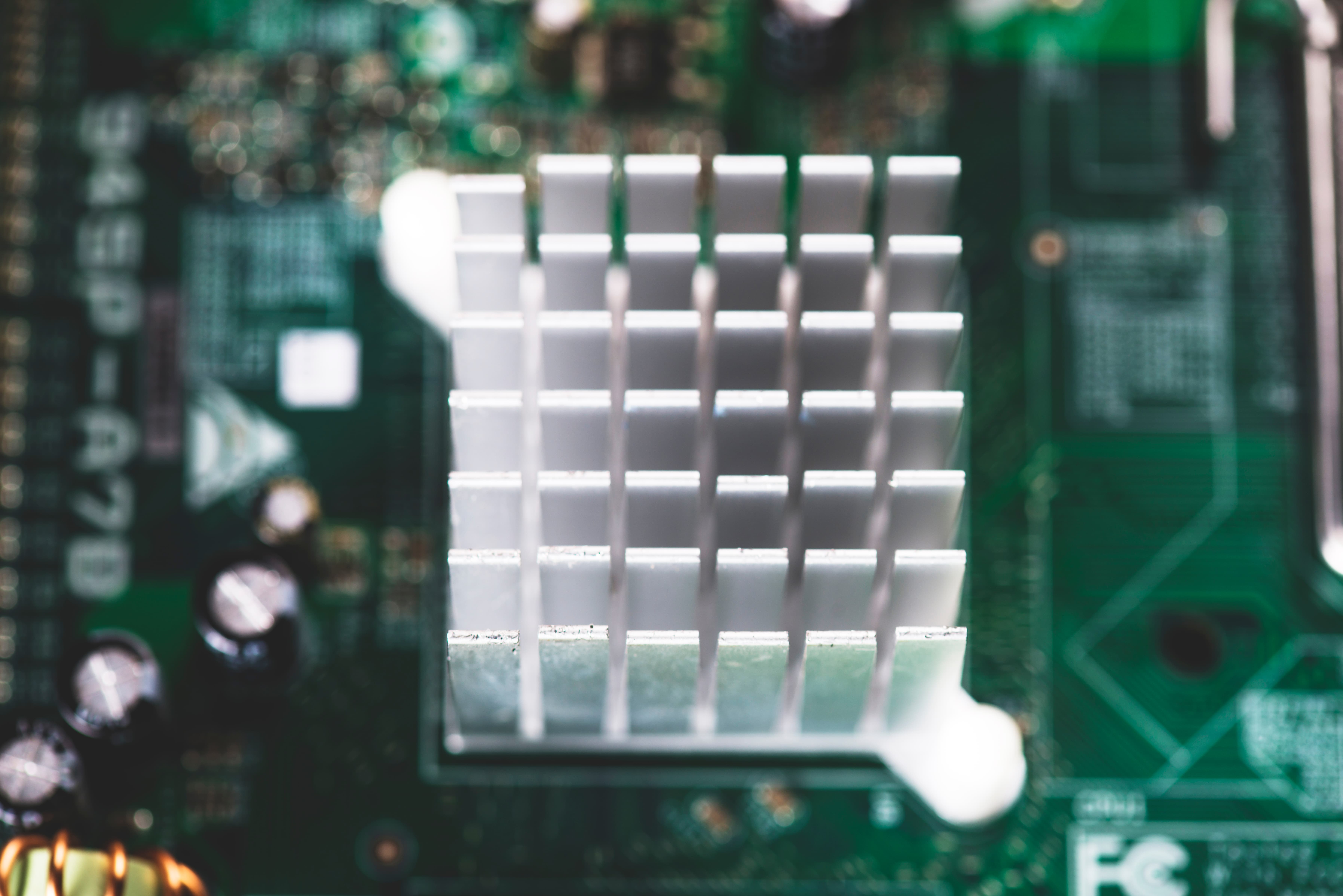ChatGPT users complained after the system surfaced an unexpected Peloton suggestion during an unrelated conversation. The prompt appeared for a Pro Plan subscriber and triggered questions about ad-like behaviour. Many asked why paid chats were showing promotional-style links.
OpenAI said the prompt was part of early app-discovery tests, not advertising. Staff acknowledged that the suggestion was irrelevant to the query. They said the system is still being adjusted to avoid confusing or misplaced prompts.
Users reported other recommendations, including music apps that contradicted their stated preferences. The lack of an option to turn off these suggestions fuelled irritation. Paid subscribers warned that such prompts undermine the service’s reliability.
OpenAI described the feature as a step toward integrating apps directly into conversations. The aim is to surface tools when genuinely helpful. Early trials, however, have demonstrated gaps between intended relevance and actual outcomes.
The tests remain limited to selected regions and are not active in parts of Europe. Critics argue intrusive prompts risk pushing users to competitors. OpenAI said refinements will continue to ensure suggestions feel helpful, not promotional.
Would you like to learn more about AI, tech, and digital diplomacy? If so, ask our Diplo chatbot!


